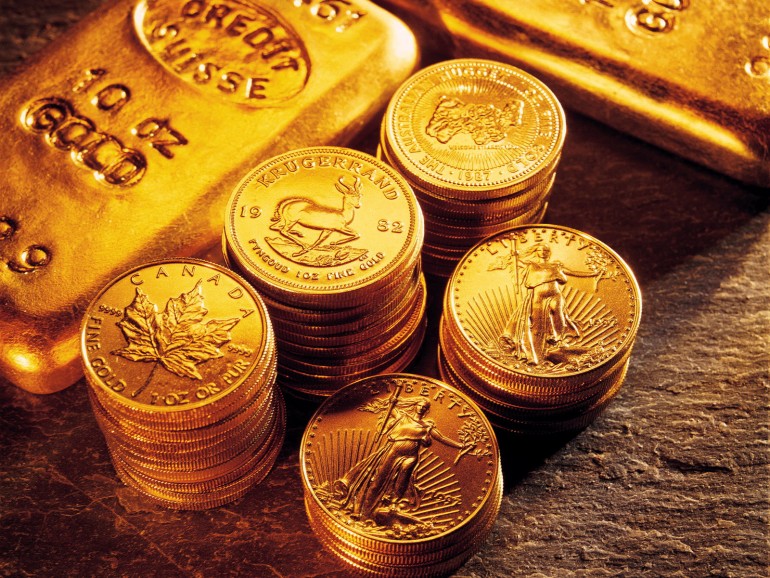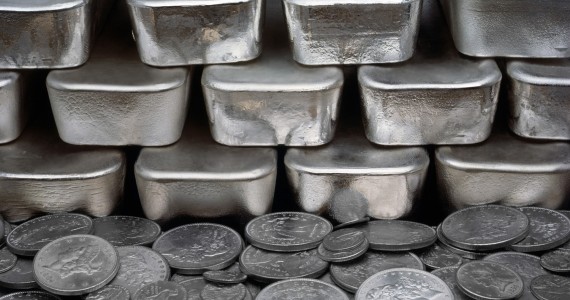“Tapping into potential untapped mineral wealth could lead to the establishment of a ‘new mining frontier’,” said Mining Cabinet Secretary Dan Kazungu during the Kenya Mining Forum. Held last 28-29 September in Nairobi, Kenya, the Forum was attended by around 200 participants coming from 40 mining companies all over Africa. Many things issues were discussed, but the highlight of the Forum was Kazungu’s promise of more transparency for investors as they do business in the country.
Kazungu highlighted that much of the resources of Kenya are untapped, making it a very attractive investment as far as the mining sector is concerned. During the first day of the forum, he said, “For example only 4 per cent of gold reef has been explored leaving 96 per cent potential, the proposed airborne survey on the potential of the minerals in Kenya is underway, we are expecting to get a contractor by December who will map out all areas throughout the country.”
A country that can be found in East Africa, Kenya is considered to be a transportation, financial, and communications hub. It shares borders with Ethioipia, Tanzania, Somalia, Uganda, and South Sudan. Traditionally, Kenya has been mapped out as an agricultural zone. The World Bank estimates that agriculture contributes about 30% to Kenya’s national economy, and at present, mining only contributes 1%.
The promise of transparency and accountability comes along with the goal of setting Kenya up as a major mining hub in Africa. It addresses the country’s potential that has been largely untapped and unexplored, even if Kenya is in the top five countries that have rare earth deposits.
Kenya as a Mining Hub
Kenya houses a vast amount of metallic and non-metallic mineral resources, and the world has yet to give it proper attention. According to the US Geological Survey (USGS), Kenya is the third largest producer of soda ash in the world, and the seventh largest producer of fluorspar, which is used in steel. In addition, Kenya’s mining potential has been estimated to be worth $62.4 billion.
This does not mean that no company has taken notice. In February 2014, Kenya exported 25,000 tons of titanium ore. At present, several other metallic minerals are being produced in Kenya, and that includes gold and iron ore.
Kenya is also well-recognized for its limestone wealth, to such a large extent that an international firm has committed to build one of the largest cement plants in Africa right at the heart of Kenya. Talking about gold, Kazungu states, “Kenya experienced a gold rush in the western part of the country in the 1960s where Acacia Mining is currently exploring alongside a number of small-scale gold miners.”
With all this activity ongoing, the country already exports a lot of industrial minerals. Aside from the aforementioned soda ash, fluorspar, and limestone, Kenya also exports gypsum and other rare earths. However, this does not translate to concrete economic gains and mining remains to be only 1% of Kenya’s economic output. This is partly because of poor regulation, and this is why the industry is seeking clarity.
The New Mining Act
On 27 May 2016, the new Kenya Mining Act came into effect, overhauling the country’s existing legislation. This recently approved New Mining Act 2016 establishes very clear guidelines for the industry, making sure that corruption is lessened and there is full accountability.
During the Forum, Kanzungu highlighted that this outdated act is part of why Kenya has thus far failed to attract any major investment, international or otherwise. It was finally signed by President Uhuru Kenyatta on the 6th of May, and on the 27th it already came into effect.
The legal framework of the new act makes it more ideal and attractive for investors. A major part of the policy is the focus on making small-scale and artisanal Kenyan miners as one of the mainstream sub-sectors of the industry. Other sub-sectors that participate in the space include large-scale miners, exploration companies, mining services, and others.
Kanzungu further states that this is about giving investors “transparency, clarity, and predictability.” Mining licenses can be obtained online, and the application will be evaluated by a minerals board. There will also be better and fairer distribution of revenue and royalties, protection of land rights, and enforcement of safety, environmental, and governance compliance.
With all these developments, Kanzungu hopes for “a truly transformed mining sector with shared prosperity which I believe can and will be the ‘bedrock’ of industrialization in the country. 10 years from now we will have a thriving mining industry which will have overtaken the tourism, coffee and tea industries as the largest revenue contributors to the country. While the sector only contributes 1% towards government’s fiscal at present, I will do everything in my power to increase this to double digit figures by 2026.”








